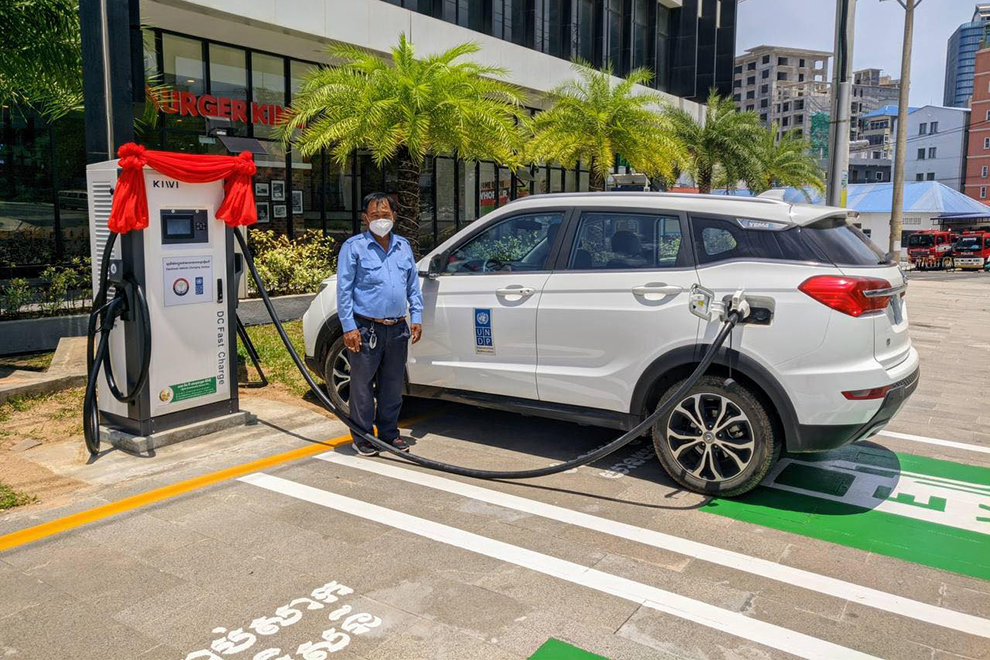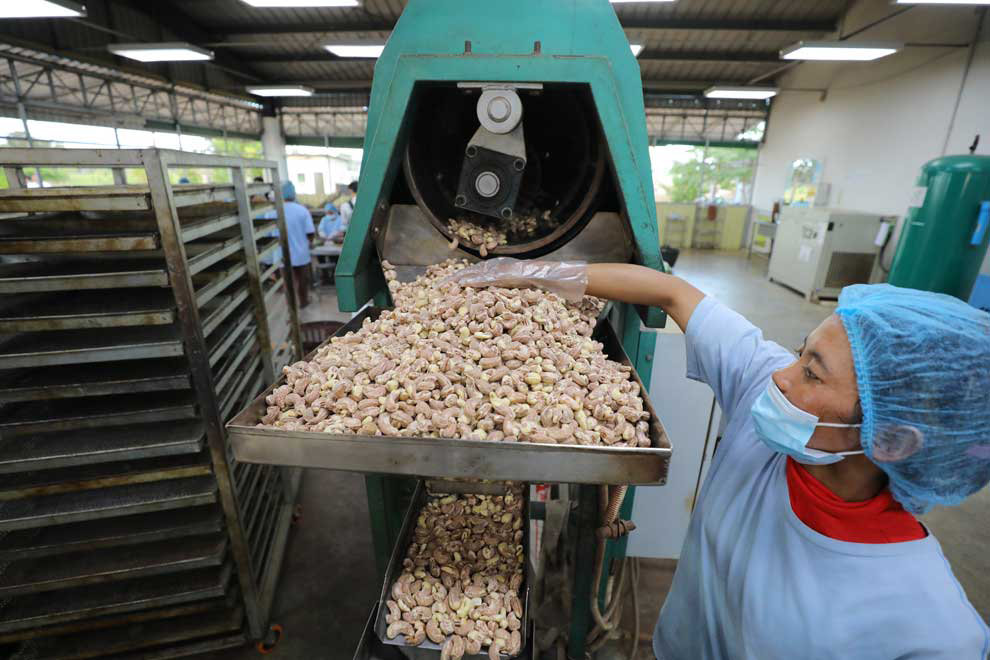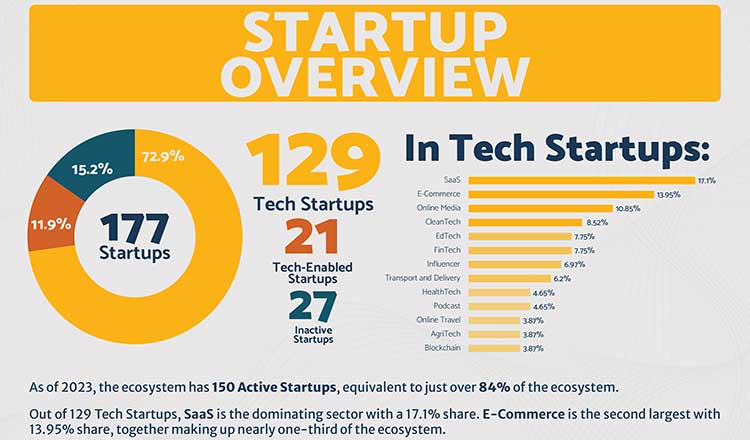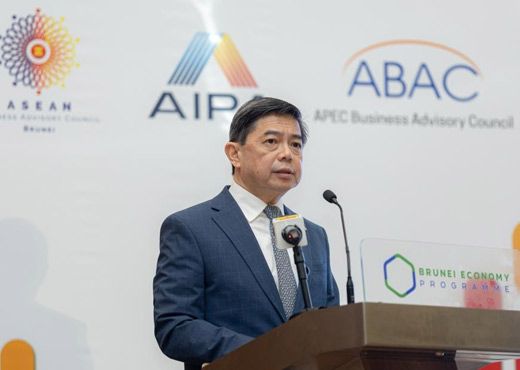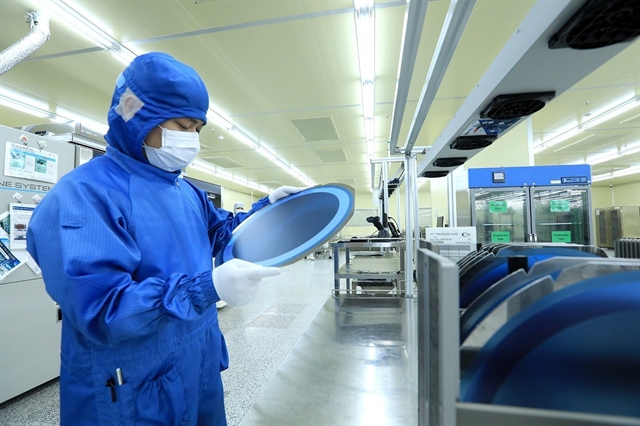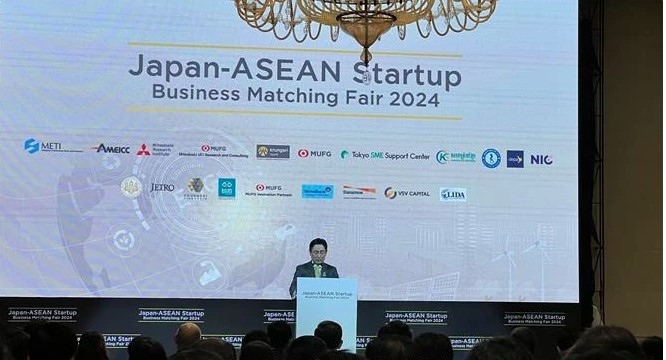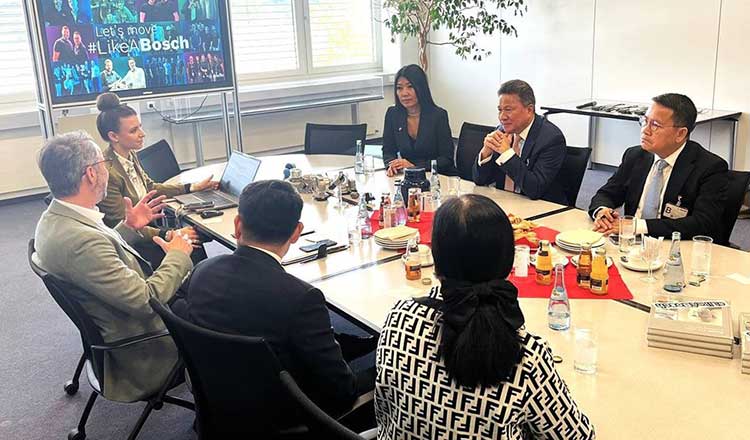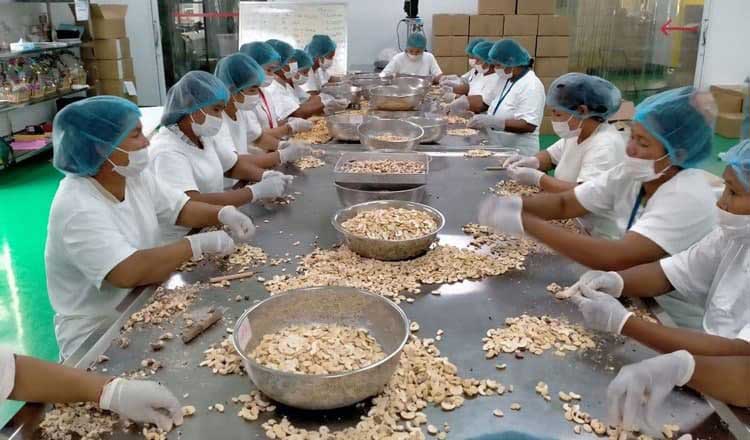THE surge of interest in generative AI (artificial intelligence) has fuelled a global investment boom. The exponential adoption of technologies such as ChatGPT, which amassed 100 million monthly active users just two months after launch, has captivated investors hungry for the next big thing.
Despite a decline in overall AI private investment last year, funding for generative AI surged to a nearly eightfold increase in funding from 2022, to reach a staggering US$25.2 billion, according to the Artificial Intelligence Index Report 2024. Key players such as OpenAI, Anthropic, Hugging Face, and Inflection bagged substantial funding rounds.
Generative AI, characterised by its ability to create original content such as text, images, video, audio or software code in response to user prompts, is also poised to become a US$60 billion market by 2025. Projections suggest a doubling to US$120 billion by 2027, according to Boston Consulting Group.
In this dynamic landscape, venture capitalists are keenly hunting in areas where emerging companies can carve out niches to hold their own against established incumbents.
Identifying fertile ground for competition
Similar to other frontier technologies, the generative AI ecosystem comprises the application layer, middle layer, foundational layer, as well as the infrastructure layer.
Incumbents dominate the infrastructure layer, which encompasses cloud platforms and hardware manufacturers responsible for running training and inference workloads for generative AI models.
Numerous entities such as GPT-4 and Gemini have gained an early foothold in the foundational layer, where the development of foundational models forms the backbone of generative AI progress. In the middle layer, there are popularly used platforms like LangChain and HumanLoop.
While infrastructure and foundational layers are dominated by early winners, the middle and application layers, that streamline human interaction with AI by allowing the dynamic creation of content, offer fertile ground for competition among keen contenders.
The application layer of generative AI consists of three distinct sub-groupings: generalised applications, domain-specific applications, and integrated applications.
Generalised applications are engineered to execute a diverse array of tasks spanning various domains and industries.
These applications harness the power of large-scale pre-trained models, extensively trained on diverse datasets, to generate content or execute tasks across a spectrum of contexts. Illustrative examples encompass text, image, code and video generation.
At the forefront of such advancements are tech behemoths such as OpenAI with its ChatGPT; Google and its BERT search model, and Microsoft with its Turing-NLG.
Domain-specific applications remain an area of opportunity for South-east Asia
Nevertheless, opportunities still abound for applications tailored to meet the needs and requirements of specific industries, such as finance, healthcare, sustainability, manufacturing, and education.
This is because such applications are more responsive in their own areas, especially when companies train them on high-quality, unique, and proprietary data. This is where South-east Asia could potentially develop its competitive edge.
Integrated applications, where existing software solutions are enhanced with generative AI functionality, are another potential play. For instance, StoreHub, a point of sale system for the restaurant and retail sector, deploys generative AI to provide their F&B customers with highly accurate predictive capabilities.
In healthcare, we have seen examples of generative AI improving outcomes, such as enhancing the accuracy of diagnosis, as it harnesses the collective knowledge of experts in a particular domain.
In South-east Asia, most markets’ healthcare ratio ranks below the global average of 15 doctors per 10,000 residents according to the World Bank. Generative AI may be able to tackle labour shortage and bring quality healthcare to more patients through means like reducing administrative workload, expediting health screening and training a chatbot to handle multiple queries.
Within finance, we see generative AI improving the accuracy and robustness of systems such as credit scoring, and reaching and serving customers where it would entail prohibitive costs previously. In South-east Asia, around 70 per cent of residents remain unbanked or underbanked today.
In highly-regulated industries such as finance and healthcare, generative AI could further help businesses keep up-to-date with regulatory changes.
No doubt, incorporating generative AI in a relevant way can potentially increase a startup’s value and appeal to investors.
We have also seen multi-modal generative AI propositions where users are able to interact with the AI via text or voice; and where the output could be audio or text.
These companies have gone on to develop modals trained on local languages, including nuances from dialects and colloquial phrases and sentences, making them relevant to regional enterprises.
Proprietary data as an AI moat
Beyond playing in areas where South-east Asian founders have a better chance of winning, it is also important to recognise that building a strong moat is critical in this fast-moving space.
In venture capital circles, the most talked-about AI moat revolves around proprietary data, recognised as the lifeblood of AI and the cornerstone of foundation models. As models grow in size, their hunger for data expands exponentially, a trend forecasted to deplete new high-quality data sources by 2026.
Access to proprietary data becomes paramount, to allow these models to transcend data limitations and fortify their moat. The catch, of course, is that users might not be willing to share their data.
Patsnap, a Singapore-founded tech unicorn that operates a patent and innovation database, employs its AI applications to amp up usage of its platform for more than 12,000 customers across 50 countries.
Patsnap holds a database which includes over 180 million patents dating back to the 1800s, and over 130 million pieces of literature from 170 jurisdictions, accumulated over more than 15 years.
Patsnap developed its own Large Language Model (LLM) specifically trained on proprietary, market-leading innovation data within its repository.
With its focus on innovation data, search results link back to the source of journals and patents, providing credible, trustworthy references, and the training data is kept up-to-date with the latest developments. There is less likelihood of the AI suffering “hallucinations” compared to more generic LLMs.
While access to proprietary data is key, companies’ top AI-related concerns include privacy, data security, and reliability, according to the Artificial Intelligence Index Report 2024.
It will be key for developers to be able to address these issues, for instance by developing their own LLMs where sensitive data can be kept within closed environment shielded by robust firewalls.
Having developed their own LLMs, AI-using companies will need to innovate further to step up usage. After launching its LLM in 2023, Patsnap introduced its AI assistant, Hiro, recently in January.
Hiro allows users to explore patent and non-patent literature more easily with its chat-like search functionality, as well as generate technology reports and invention disclosures quickly. These tasks, which used to take a week, may now be done in a matter of seconds.
With 65 per cent of the population achieving middle class status in Southeast Asia, the region is ripe with investment opportunities. Generative AI applications and use cases are constantly expanding, and this proliferation not only heralds the ascent of established players but will also foster the emergence of promising challengers.
There are over 670 million people with various needs living in the region. We are hopeful that generative AI will speed up the reach of domain-specific and integrated applications, and help to raise productivity and bring down the cost of serving these 670 million across the region.
Source: The Business Times
Link: Here

